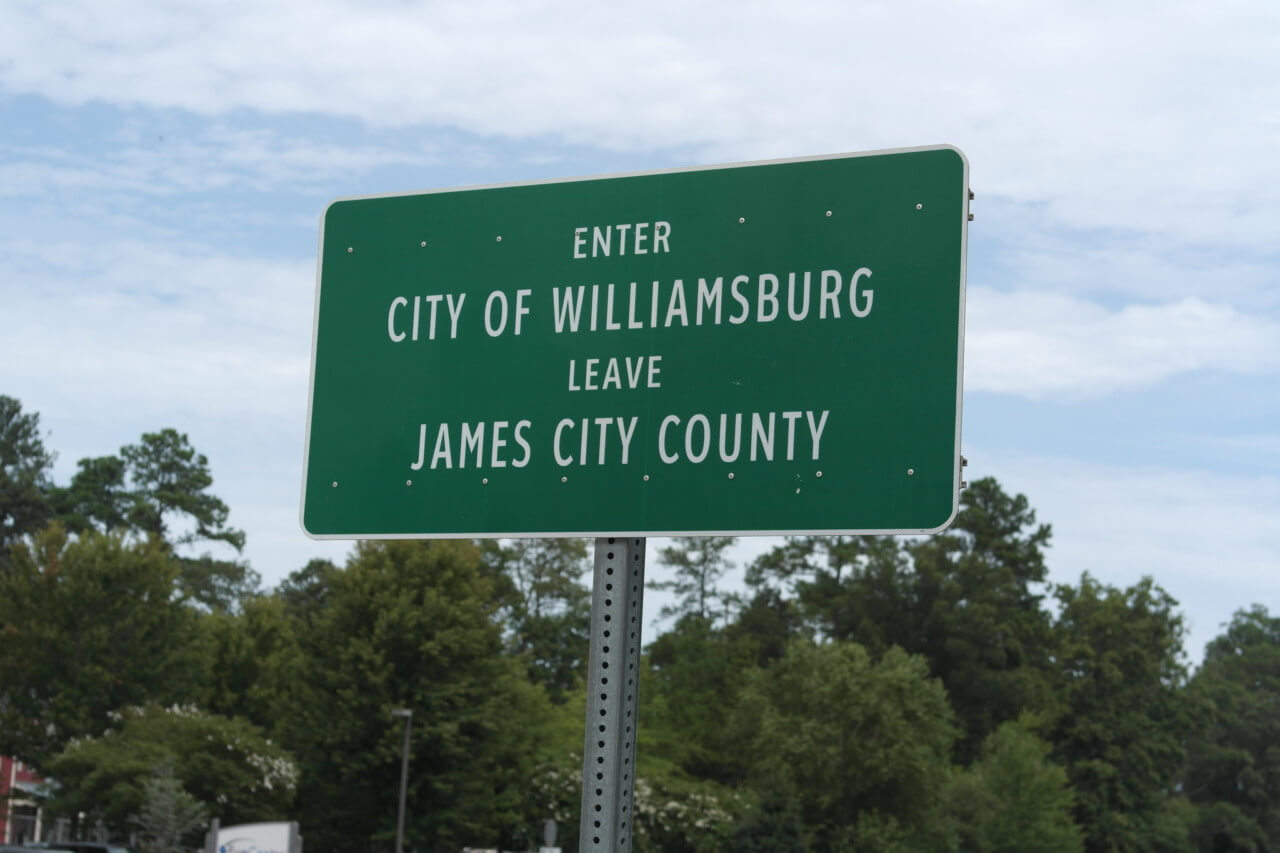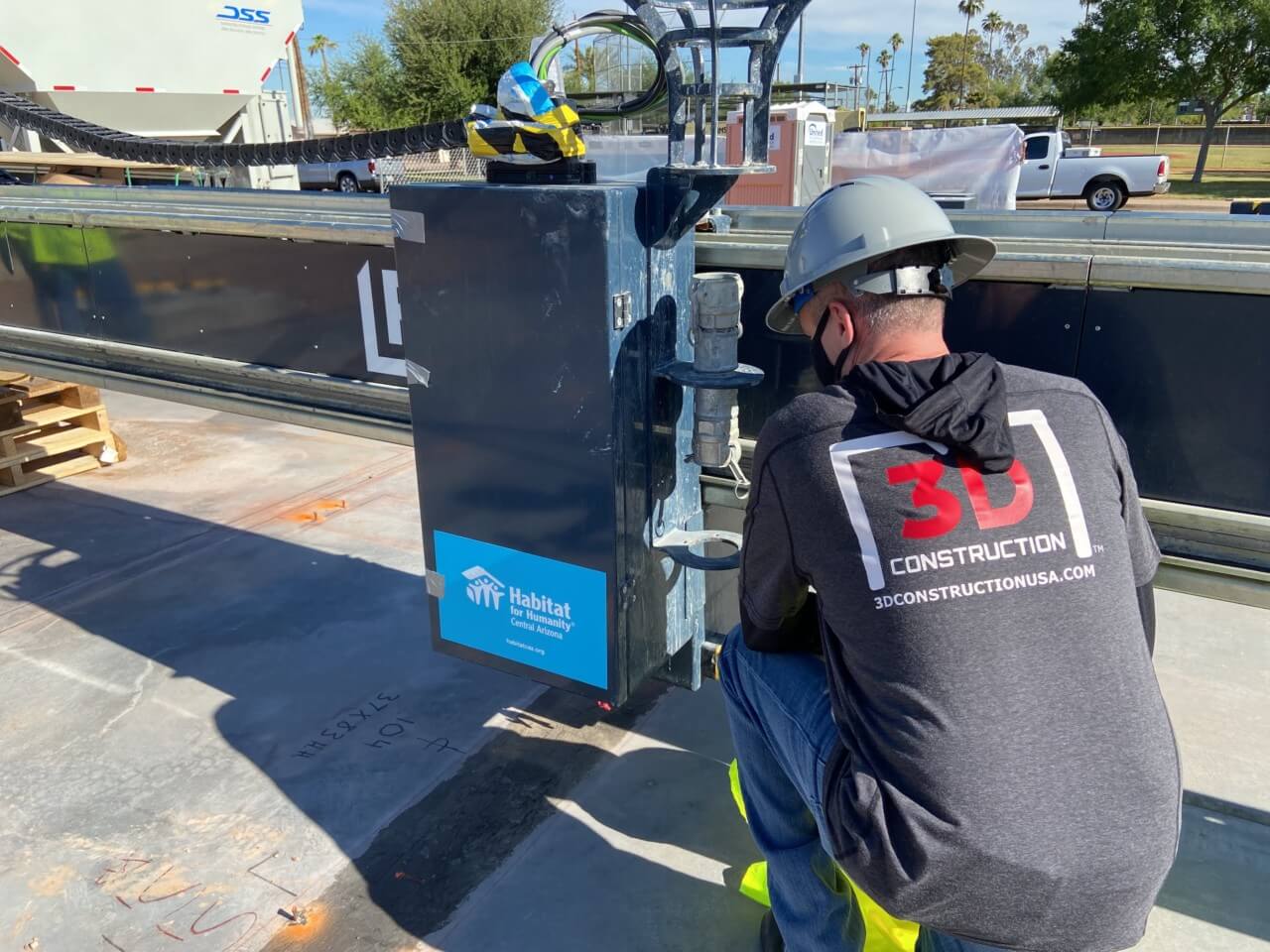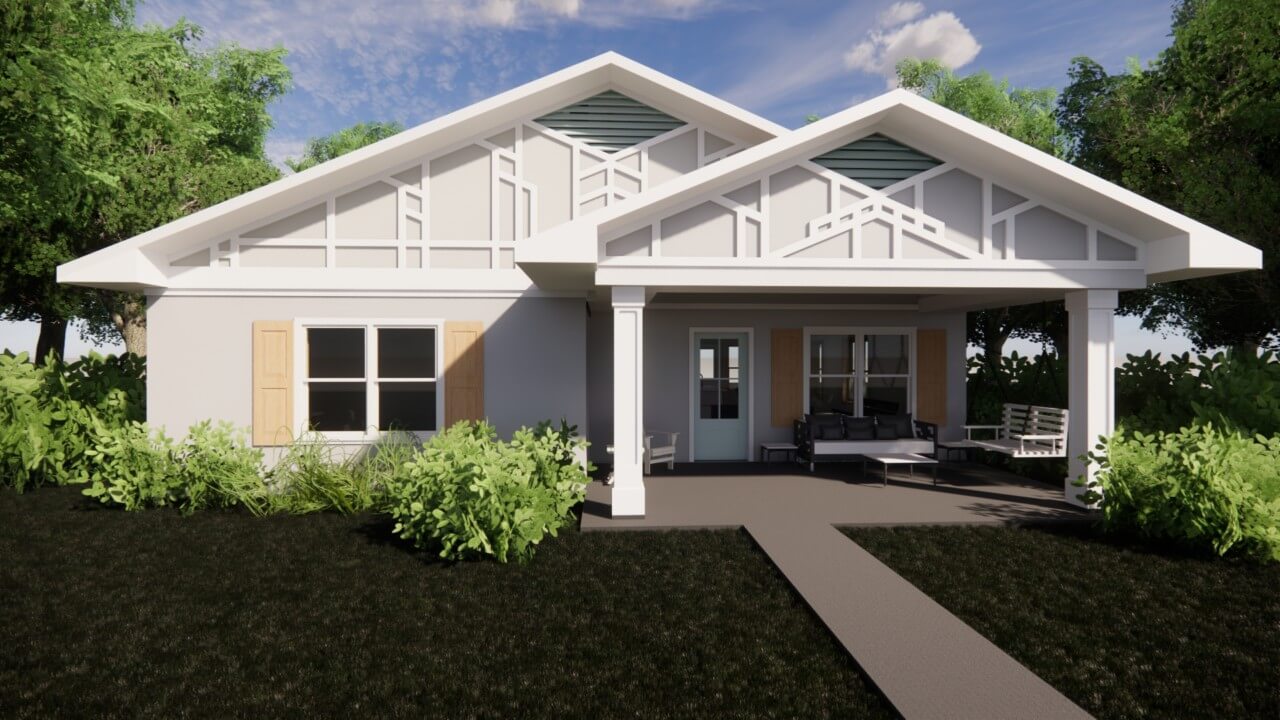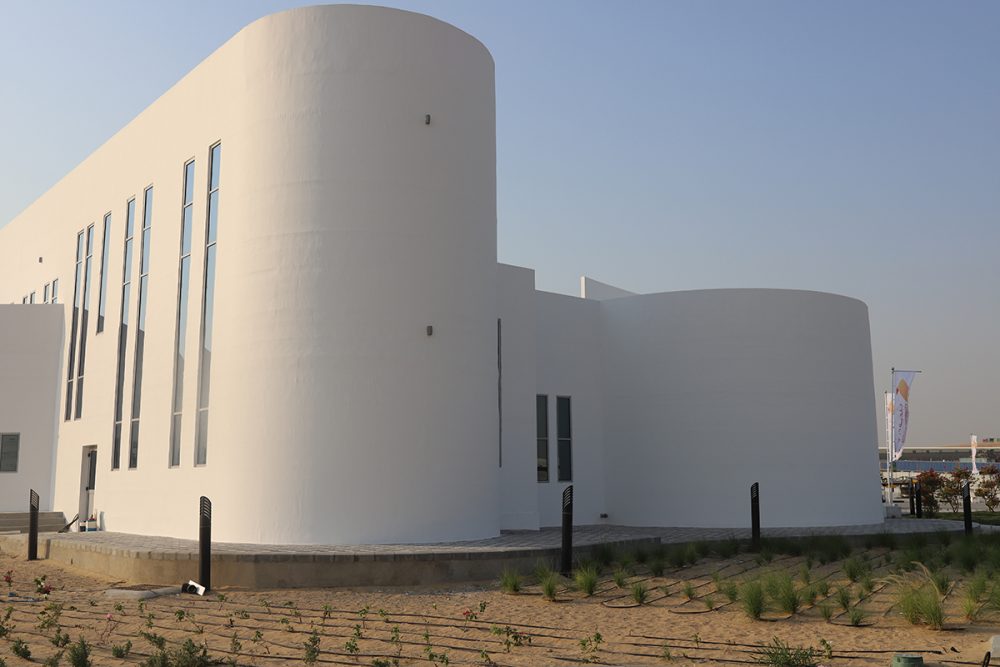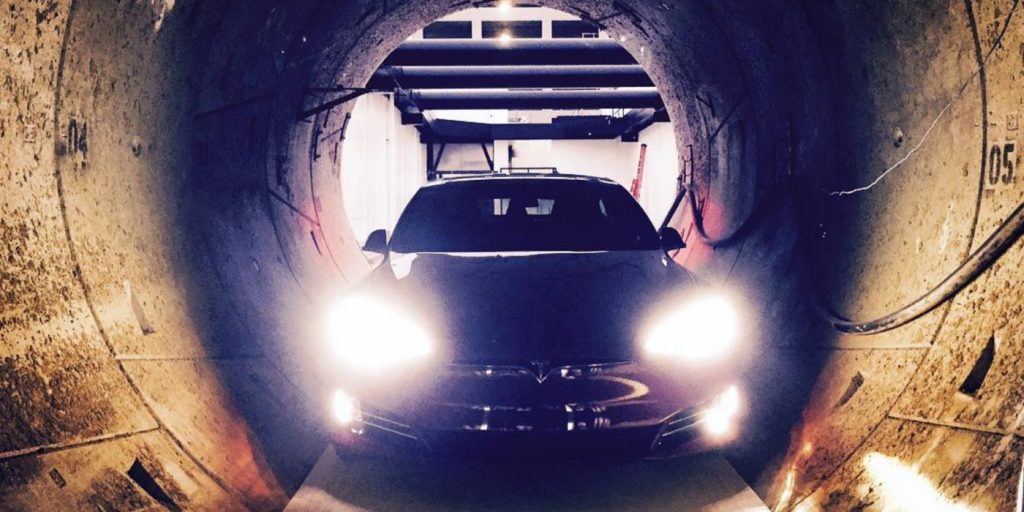Just weeks after it announced a partnership with the Virginia Center for Housing Research at Virginia Tech to design, build, and study America’s first 3D-printed, private-public partnership grant-funded single-family home in Richmond, Alquist has revealed another unprecedented project underway in Williamsburg, Virginia. This time, it’s the East Coast’s first 3D-printed Habitat for Humanity dwelling. The project, spearheaded by additive construction company Alquist with Habitat for
In Arizona, the state with the fourth most dire affordable housing shortage according to National Low Income Housing Coalition (NLIHC)’s recently released Gap report, the Central Arizona chapter of global nonprofit Habitat for Humanity is looking to pave the way for new modes of sustainable, scalable low-cost housing across the Grand Canyon State. How? With the aid of ample local largesse and a
Additive construction company Alquist and the Virginia Center for Housing Research (VCHR) at Virginia Tech have partnered to design, build, and study a 3D-printed single-family home that’s the first of its kind in the United States: funded by a private-public partnership grant. Work on the three-bedroom, 1,550-square-foot home broke ground earlier this week at 217 Carnation Street in Richmond’s Midlothian neighborhood.
Dubai is now home to what is claimed to be the world’s largest on-site 3D-printed building. The 31-foot-tall, two-story government agency was printed in on-site three weeks using a single printer developed by the Boston-based Apis Cor, which has previously garnered attention for their sub-$10,000 printed home and for winning NASA’s 3D-Printed Habitat Challenge along
“What if you could download and print a house for half the cost?” reads the lede for the Vulcan II, a 3D printer with a name suited for sci-fi space exploration, on the website of Austin-based company ICON. Now the company has put this claim to the test, building what it says is the first
Not content with monopolizing the home sharing market, Airbnb will soon start designing and selling their own affordable houses. Yesterday, Airbnb co-founder Joe Gebbia announced that the tech company would begin recruiting architects, engineers, industrial designers, roboticists, and more to join their housing prototype initiative Backyard. More than just a design exercise, Airbnb is looking to create sustainable,
Hot off of a flamethrower fundraising sale for Elon Musk’s side project, the Hyperloop tunnel digging The Boring Company, Musk has announced that the muck, rock, and detritus produced by the company’s tunneling would be turned into usable bricks. The first announcement from Musk came on March 26, when he tweeted that the rock mined from the company’s California test tunnels would be
